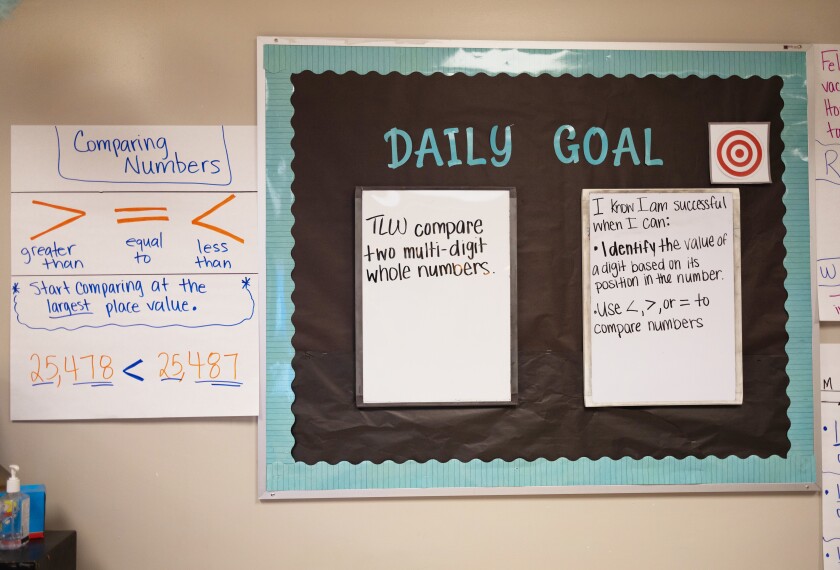A business coalition has released a plan to lure more Americans into careers in mathematics, science, technology, and engineering, with the goal of doubling the number of graduates in those fields in the next decade.
The report from the coalition of 15 business groups calls the decline in the number of U.S. students pursuing higher education in those subjects “a national problem that demands national leadership.”
For example, the number of students planning to pursue engineering degrees declined by one-third between 1992 and 2002, the report states. Funding for basic research in the physical sciences as a percentage of the U.S. gross domestic product, it says, has declined by half since 1970.
John J. Castellani, the president of the Washington-based Business Roundtable, an association of chief executive officers of leading corporations which organized the effort, warned of a “critical situation” that threatens to undermine America’s world leadership position in science and technology.
“Tapping America’s Potential: The Education for Innovation Initiative,” is posted by the U.S. Chamber of Commerce.
But, he added, the good news is that there are some “straightforward solutions,” such as those put forward in the report, that can help remedy the situation. “We cannot wait for another Sputnik to propel our energy forward in this area,” he said, referring to the galvanizing effect on the United States of the Soviet Union’s launch of the satellite in 1957.
The report, released July 27, advocates building public support to make improvements in math, science, technology, and engineering a national priority; motivating students to enter careers in those fields; upgrading elementary and secondary teaching in math and science; and reforming visa and immigration policies to enable the U.S. to attract top science, technology, engineering, and math students from around the world.
‘Urgent Need’
The 15 business groups that participated in the report, including the U.S. Chamber of Commerce, the Business-Higher Education Forum, the Information Technology Association of America, and the Council on Competitiveness, said they would work to expand successful initiatives such as the State Scholars program, which encourages high school students to take more-rigorous courses, help create scholarships for young people interested in technical fields, and lobby governors and Congress to carry out the recommendations.
Gerald F. Wheeler, the executive director of the National Science Teachers Association, based in Arlington, Va., praised the report for its emphasis on making math, science, technology, and engineering attractive teaching options. The report calls for instituting performance-based salary incentives for math and science teachers, and for professional development to fill in gaps in teachers’ content knowledge.



